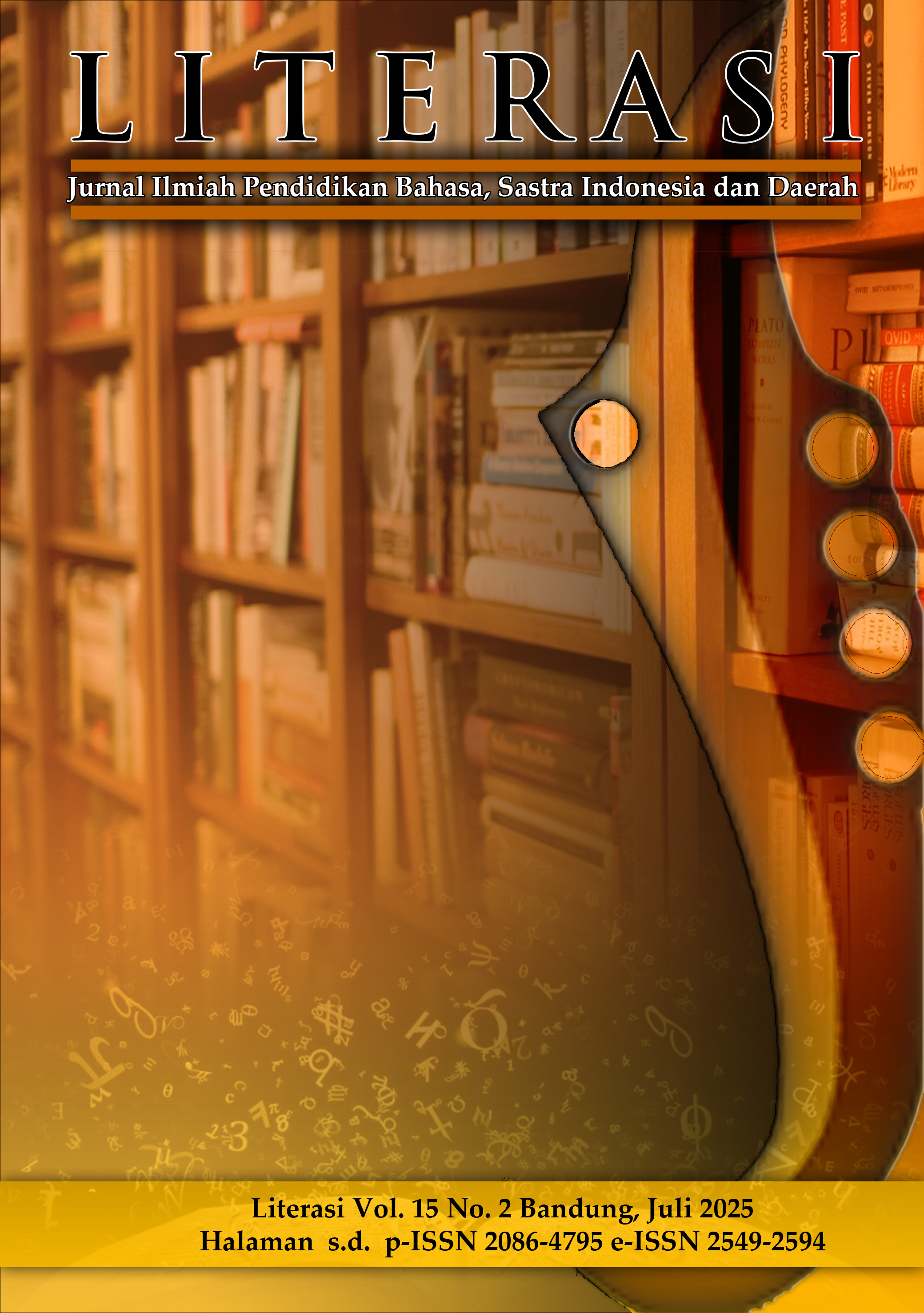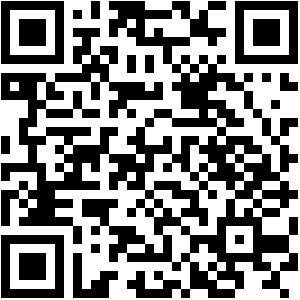PERAN PENDEKATAN MULTIKULTURAL DALAM PEMBELAJARAN BAHASA INDONESIA UNTUK MEMPERKUAT KEBERAGAMAN BUDAYA
DOI:
https://doi.org/10.23969/literasi.v15i2.24107Keywords:
pendekatan multikultural, pembelajaran Bahasa Indonesia, keberagaman budaya, pendidikan inklusif, identitas nasionalAbstract
The multicultural approach in Indonesian language learning plays a strategic role in strengthening cultural diversity amid the challenges of globalization and digitalization. This article aims to analyze the relevance and implementation of a multicultural approach in the context of Indonesia's diverse education system, with a focus on Indonesian language learning as a unifying tool for the nation. The research method used is a literature review, examining various theoretical and empirical sources related to multicultural education. The results indicate that the multicultural approach not only teaches language skills but also instills values of tolerance, inclusivity, and appreciation for cultural diversity. Its implementation includes integrating regional literary works, using diverse media, and employing collaborative and interactive learning methods. This approach also encourages critical reflection on social injustices and strengthens national identity. The conclusion of this article emphasizes that the multicultural approach in Indonesian language learning is an effective solution for fostering a tolerant, creative generation ready to face global dynamics while preserving national unity within the framework of Bhinneka Tunggal Ika.
Downloads
References
Badan Pusat Statistik (BPS). (2020). Statistik Indonesia 2020. Jakarta: BPS.
Banks, J. A. (2009). Multicultural Education: Issues and Perspectives. John Wiley & Sons.
Byram, M. (1977). Teaching and Assessing Intercular Communicative Competence Classroom. Portland: Intercular Communication Institute.
Conny R. Semiawan. (2004) The Challenge of a Multicultural Education in a Pluralistic Society; the Indonesian Case. Jurnal Multicultural Education in Indonesia and South East Asia.
Cushner, K., McClelland, A., & Safford, P. (2011). Human Diversity in Education: An Intercultural Approach. McGraw-Hill.
Fakih, M. (2015). Analisis Pendidikan Multikultural dalam Konteks Keberagaman Indonesia. Jurnal Pendidikan Nasional.
Freire, P. (1970). Pedagogy of the Oppressed. Continuum.
Gay, G. (2010). Culturally Responsive Teaching: Theory, Research, and Practice. Teachers College Press.
Gay, G. (2018). Culturally Responsive Teaching: Theory, Research, and Practice. Teachers College Press.
Hanum, Farida dan Rahmadonna, Sisca. (2010). Implementasi Model Pemebelajaran Multikultural di Sekolah Dasar Propinsi Daerah Istimewa Yogyakarta. Jurnal Penelitian Ilmu Pendidikan, Volume 03, Nomor 1 Maret 2010. Halaman 89-102.
Ibrahim, A. (2017). Pendekatan Multikultural dalam Pendidikan Bahasa dan Sastra Indonesia. Universitas Negeri Malang Press.
Ki Hajar Dewantara. (1962). Asas-Asas Pendidikan Kebangsaan. Yogyakarta: Taman Siswa Press.
Lestari, A. S. (2015). Penerapan Pembelajaran Multikultural Berbasis Teknologi Dengan Pendekatan Konstruktivistik. Zawiyah Jurnal Pemikiran Islam, 1(1), 59–78.
Nieto, S. (2000). Affirming Diversity: The Sociopolitical Context of Multicultural Education. Longman.
Oxford English Dictionary. (2023). Multicultural. Retrieved from https://www.oed.com.
Parekh, B. (2000). Rethinking Multiculturalism: Cultural Diversity and Political Theory. Harvard University Press.
Ruslan, R. (2010). Metode Penelitian Relations: Public Relations dan Komunikasi. Jakarta: Rajagrafindo Persada.
Sleeter, C. E., & Grant, C. A. (2007). Making Choices for Multicultural Education: Five Approaches to Race, Class, and Gender. John Wiley & Sons.
Sugiyono. (2018). Metode Penelitian Kualitatif, Kuantitatif, dan R&D. Bandung: Alfabeta.
Suyanto, K. (2015). Bahasa Indonesia dan Multikulturalisme dalam Pendidikan. Jurnal Pendidikan Nasional.
Taylor, C. (1994). Multiculturalism: Examining the Politics of Recognition. Princeton: Princeton University Press.
UNESCO. (2006) Guidelines on Intercultural Education. Paris: UNESCO.
Vygotsky, L. S. (1978). Mind in Society: The Development of Higher Psychological Processes. Harvard University Press.
Zed, M. (2008). Metode Penelitian Kepustakaan. Jakarta: Yayasan Obor Indonesia.
Downloads
Published
Issue
Section
License
Copyright (c) 2025 Literasi: Jurnal Ilmiah Pendidikan Bahasa, Sastra Indonesia dan Daerah

This work is licensed under a Creative Commons Attribution 4.0 International License.
Hak cipta artikel yang diterbitkan di jurnal ilmiah dimiliki oleh penerbit, bukan penulis. Hal ini berkaitan dengan koordinasi hak akses untuk cetak ulang atau penggunaan lainnya. Dalam hal ini penerbit mempunyai keluluasaan untuk mempublikasikan artikel sesuai dengan kesepakanan Transfer Agreement (penyerahan hak cipta) antara penerbit dengan penulis.















